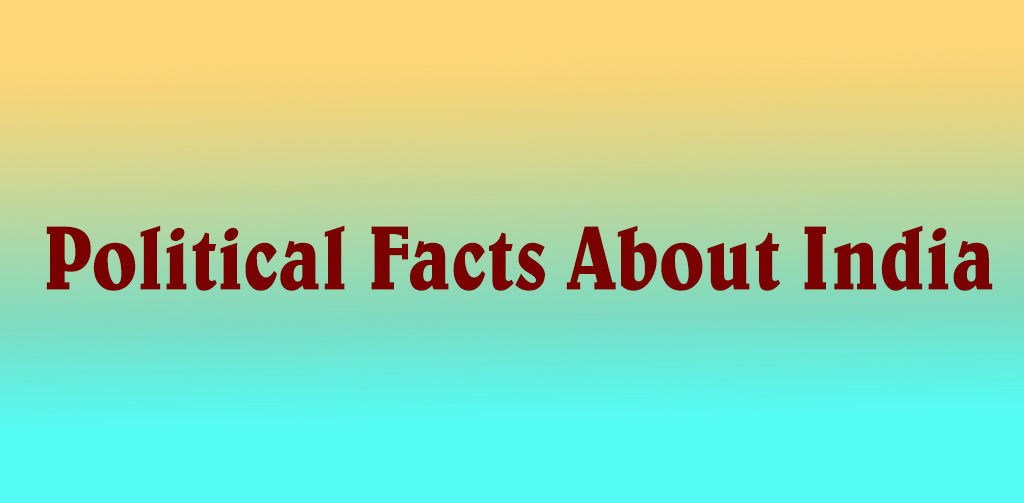
India is a federal parliamentary democratic republic in which the President of India is the head of state and the Prime Minister of India is the head of government. India follows the dual polity system, i.e. a double government which consists of the central authority at the centre and states at the periphery. The constitution defines the organisation powers and limitations of both central and state governments, and it is well-recognised, rigid and considered supreme; i.e. the laws of the nation must conform to it.
There is a provision for a bicameral legislature consisting of an upper house, the Rajya Sabha, which represents the states of the Indian federation, and a lower house i.e. Lok Sabha, which represents the people of India as a whole. The Indian constitution provides for an independent judiciary, which is headed by the Supreme Court. The court’s mandate is to protect the constitution, to settle disputes between the central government and the states, to settle inter-state disputes, to nullify any central or state laws that go against the constitution and to protect the fundamental rights of citizens, issuing writs for their enforcement in cases of violation.
Governments are formed through elections held every five years (unless otherwise specified), by parties that secure a majority of members in their respective lower houses (Lok Sabha in the central government and Vidhan Sabha in states). India had its first general election in 1951, which was won by the Indian National Congress, a political party that went on to dominate subsequent elections until 1977, when a non-Congress government was formed for the first time in independent India. The 1990s saw the end of single-party domination and the rise of coalition governments. The elections for the 16th Lok Sabha, held from April 2014 to May 2014, once again brought back single-party rule in the country, with the Bharatiya Janata Party being able to claim a majority in the Lok Sabha.
In recent decades, Indian politics has become a dynastic affair.[3] Possible reasons for this could be the absence of party organisations, independent civil society associations that mobilise support for the parties and centralised financing of elections.[4] The Economist Intelligence Unit rated India as a “flawed democracy” in 2016.

Leave a Reply